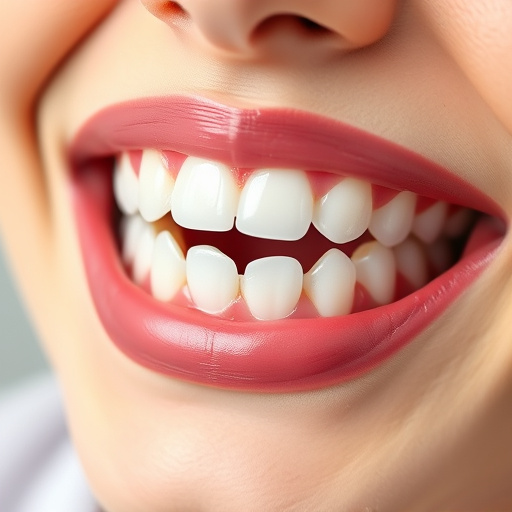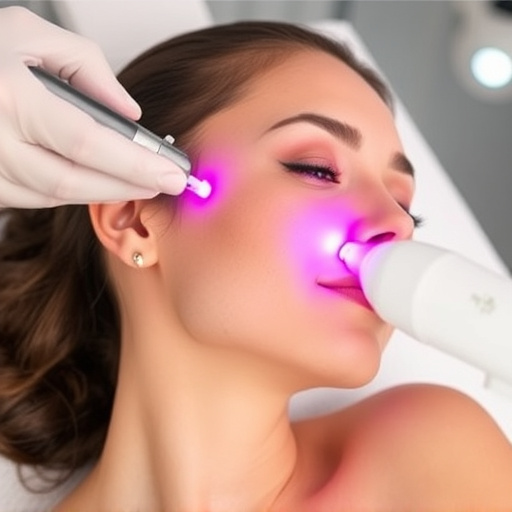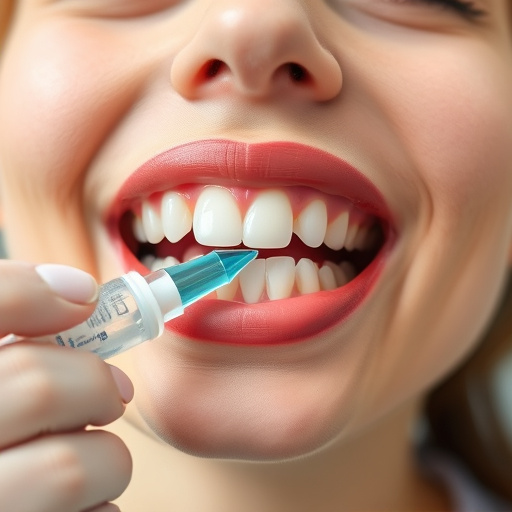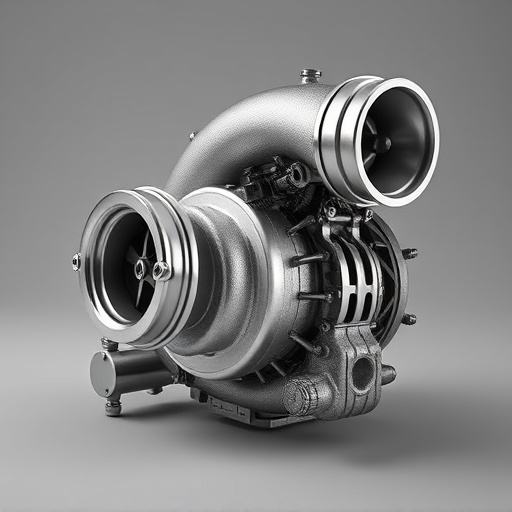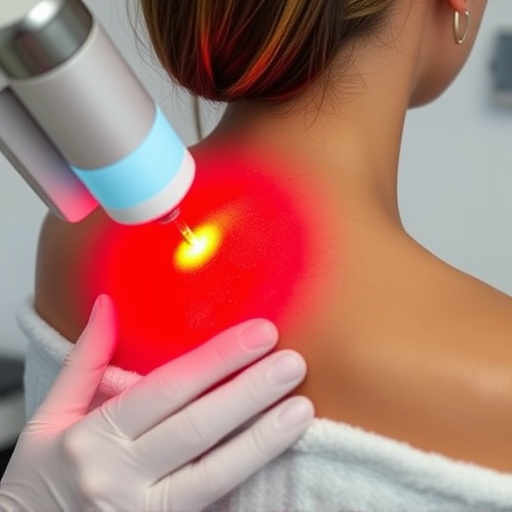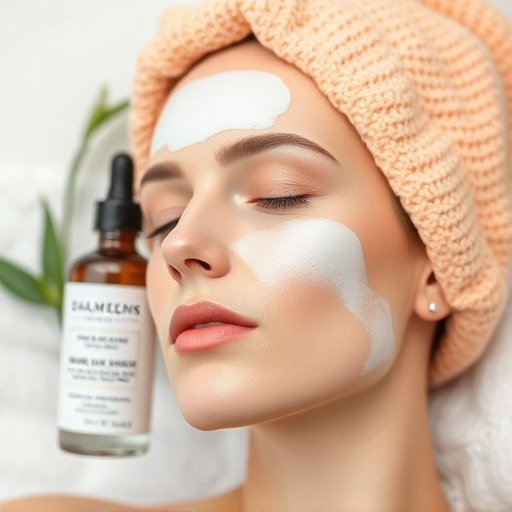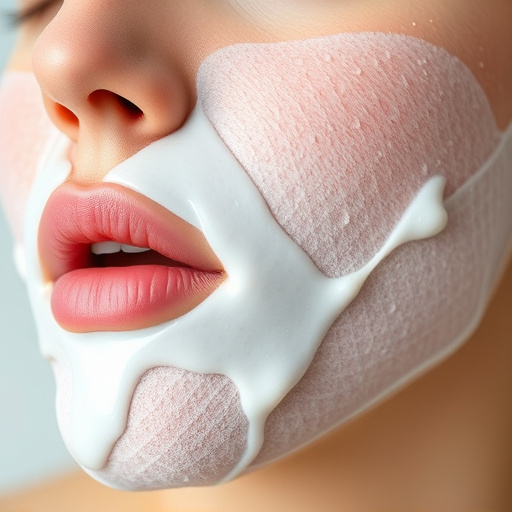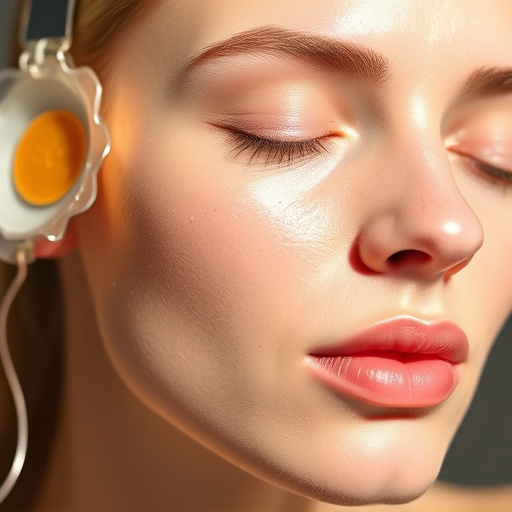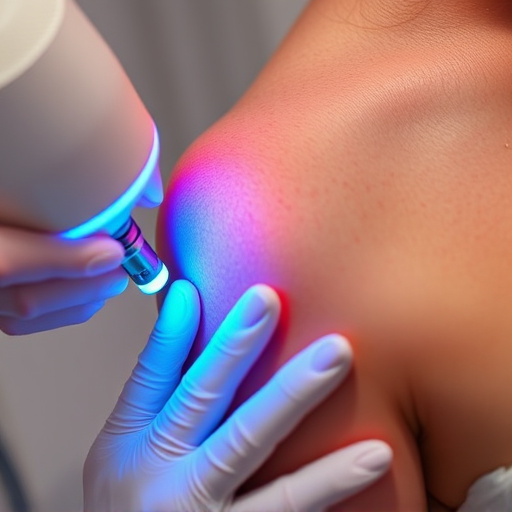Acne scars result from disrupted collagen production during flare-ups, leading to various types such as atrophic, hyperplastic, or keloidal. Effective acne scar treatment involves understanding these types and tailoring approaches, including chemical peels, pore refinement, microneedling, skin tightening, and body contouring. Customized aftercare, addressing individual needs, enhances non-surgical methods' success and prevents future scarring, promoting long-term skin health and radiance.
Acne scars can leave lasting marks on one’s skin and self-esteem. Understanding how these scars form, whether from inflammatory or atrophic acne, is crucial for effective treatment. This article delves into the diverse treatment options available today, including topical creams, chemical peels, and laser therapy. We also explore the often-overlooked but vital role of customized aftercare guidance in achieving optimal results. By tailoring post-treatment care, you can enhance healing and minimize the risk of complications for lasting, clear skin.
- Understanding Acne Scar Formation and Types
- Exploring Effective Treatment Options for Acne Scars
- The Role of Customized Aftercare in Achieving Optimal Results
Understanding Acne Scar Formation and Types
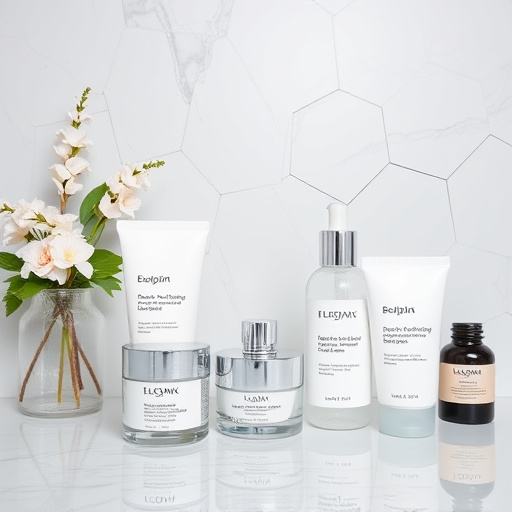
Acne scars form when the skin’s collagen production is affected during an acne flare-up. Collagen is a protein that provides structure and elasticity to our skin, so when it’s damaged, the result can be depressed or raised scars. Understanding this process is key to effective treatment, as different scar types require specific approaches for optimal acne scar treatment.
There are several types of acne scars, including atrophic scars (depressed scars), hyperplastic scars (raised scars), and keloidal scars. Atrophic scars result from the loss of skin tissue, often due to inflammation that breaks down collagen fibres. Hyperplastic scars, on the other hand, occur when an overabundance of collagen causes the skin to build up and form a raised scar. Keloidal scars are characterized by excessive collagen production leading to thick, hyperpigmented scars. Treatments like chemical peels and pore refinement can help address these various types of acne scars, while body contouring may be considered for more severe cases that don’t respond to traditional treatments.
Exploring Effective Treatment Options for Acne Scars

Acne scars can range from superficial to deep, each requiring a tailored approach for effective treatment. Exploring various acne scar treatments is essential in achieving optimal results. Techniques such as microneedling therapy have gained popularity due to its ability to stimulate collagen production and improve skin texture. This minimally invasive procedure creates tiny pricks in the skin, triggering the body’s natural healing process and promoting the growth of healthier skin cells.
Additionally, pore refinement and skin tightening techniques offer promising solutions. Pore refinement focuses on minimizing the appearance of large pores, which can trap dirt and contribute to acne formation. Skin tightening treatments, on the other hand, address deeper scars by encouraging the production of elastin and collagen to enhance skin elasticity, resulting in a smoother and more even complexion.
The Role of Customized Aftercare in Achieving Optimal Results
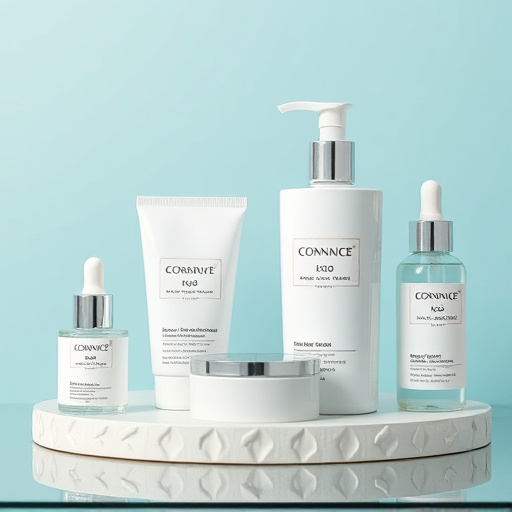
Customized aftercare plays a pivotal role in achieving optimal results from acne scar treatment. Every individual’s skin is unique, and what works for one person might not work for another. A personalized skincare approach ensures that treatments are tailored to meet specific needs, considering factors like skin type, severity of scars, and lifestyle. This individualized attention enhances the effectiveness of non-surgical treatments, such as chemical peels, which can significantly improve acne scar appearance by exfoliating damaged skin layers and stimulating collagen production.
By integrating customized aftercare into the acne scar treatment plan, professionals in the field can offer more than just a quick fix; they provide a roadmap for sustained improvement. This includes guidance on post-treatment care, such as cleansing routines, sun protection, and the use of targeted topicals. Such measures not only support the healing process but also help prevent further scarring and ensure that the skin retains its newfound health and radiance over time.
Acne scar treatment involves a multi-faceted approach, from understanding scar formation and exploring effective therapies to implementing customized aftercare. By combining knowledge of various treatment options with tailored post-procedure guidance, individuals can achieve optimal results and restore their skin’s confidence. Customized aftercare plays a pivotal role in the overall success of acne scar treatments, ensuring that each patient receives personalized care for their unique journey towards clear, healthy skin.

